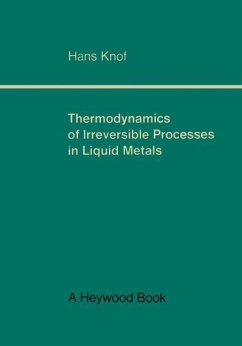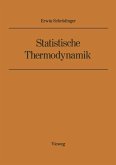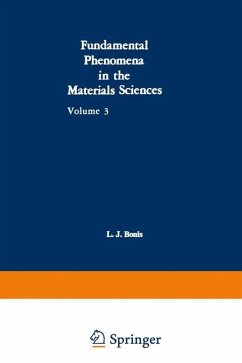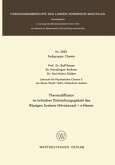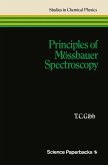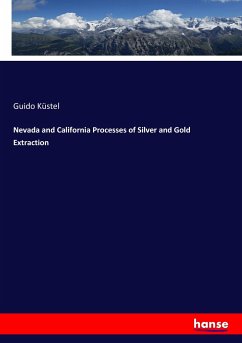This book is intended to be a comprehensive survey of irreversible phenomena in liquid metals. Experiments and special theoretical consid erations can be brought into a general scheme by means of the phenome nological theory of thermodynamics of irreversible processes. In this way well-investigated phenomena such as electrolysis in liquid alloys, and new fields of research such as isotopic separation in liquid metals by action of an electrical direct current, can be given the same theo retical foundation. The goal in this book is to deduce the theory of a special phenomenon as well as to describe experiments connected with the resulting effects. On the other hand no kinetic theory is given since to date no general kinetic theory exists for liquids as it does exist for gases. In general, kinetic models seem to agree with experiments only if the results of the measurements are known beforehand. In Chapter 1 the Onsager symmetry relations are deduced in general. Chapter 2 gives the general phenomenological theory of liquid metals. These two chapters serve as a foundation for the remaining chapters, where the general theory is applied to sO. me cases of special physical interest. The scalar phenomena of relaxation are given in Chapter 3 for the case of nuclear magnetic resonance. Vector phenomena are discussed in Chapters 4 -6. Chapter 7 deals with viscosity effects as examples of tensor effects.
Hinweis: Dieser Artikel kann nur an eine deutsche Lieferadresse ausgeliefert werden.
Hinweis: Dieser Artikel kann nur an eine deutsche Lieferadresse ausgeliefert werden.

